The ICCAT is an intergovernmental organization responsible for the conservation and management of tuna and other species in the Atlantic ocean and adjacent seas. The European Union and the 47 contracting parties of ICCAT held a meeting on 21st of November, 2022. After 8 days of negotiations, it was finally concluded that they would adopt a new management plan.
The Bluefin tuna, Mako shark, and marine turtles will be the focus of the management plan’s attention. To design a new management technique, extensive study, in-depth analysis, modeling, and testing were carried out. It is noted that the management is now open, inclusive, and capable. The EU has made sizable voluntary financial contributions to the ICCAT Research Program for more than ten years. Total authorized catches (TAC) of 40,570 tonnes for the eastern stock, [with a share of 21,503 tonnes for the EU], are based on the revised management approach.
A fresh recommendation for sea turtle protection has also been approved by ICCAT. and will contribute to reducing the mortality rate of sea turtles. The final draft contains every essential component of the original EU plan, vastly upgrading the regulatory system. The provisions that have been adopted will be used in the Atlantic and will help to lower the death rate of sea turtles in ICCAT fishing. The EU has also advanced the fight against illegal, unreported and unregulated (IUU) fishing. It also has a proposal for conservation of South Atlantic shortfin mako.
In order to stop the southern stock of shortfin mako (SMA) from declining at the same rate as the northern stock, the EU put forth an ambitious proposal for its conservation. This proposal was modeled after the ambitious proposal the EU had supported for the northern stock of shortfin mako at the previous year’s annual meeting. It became clear during the negotiations that no compromise could be made on the full retention ban, which was the centerpiece of the EU proposal. In the end, a total retention allowance of roughly 1,300 tonnes was determined, which, when combined with projected discards, does not surpass the limit of 2,001 tonnes set by the ICCAT Standing Committee on Research and Statistics (SCRS).
Despite the EU’s best efforts, a consensus on a suggestion for a new multi-annual conservation and management programme for tropical tunas was regrettably not obtained. The existing temporary measure was therefore extended as a result of this.
The adoption of the allocation key for the critically endangered Mediterranean albacore was placed, owing much to the EU. The distribution of the 2,500 tonnes TAC by an ad hoc working committee in February 2022 left Türkiye out of the allocation table, with the danger that they would set a quota outside the ICCAT framework after the rebuilding plan for this stock was approved last year as per the EU’s recommendation. The restoration plan is preserved by the agreement reached by the EU, Egypt, and Turkey while the interests of the EU fleet are protected.
With a proposal for CPCs (contracting parties and cooperating non contracting parties) to have control over their citizens who benefit from IUU (illicit, unreported, and unregulated) activities, the EU has also made progress in the fight against IUU fishing. The EU was also at the forefront of enforcing control and combating IUU by a number of CPCs, whose dismal track record the EU exposed and which ICCAT will monitor.
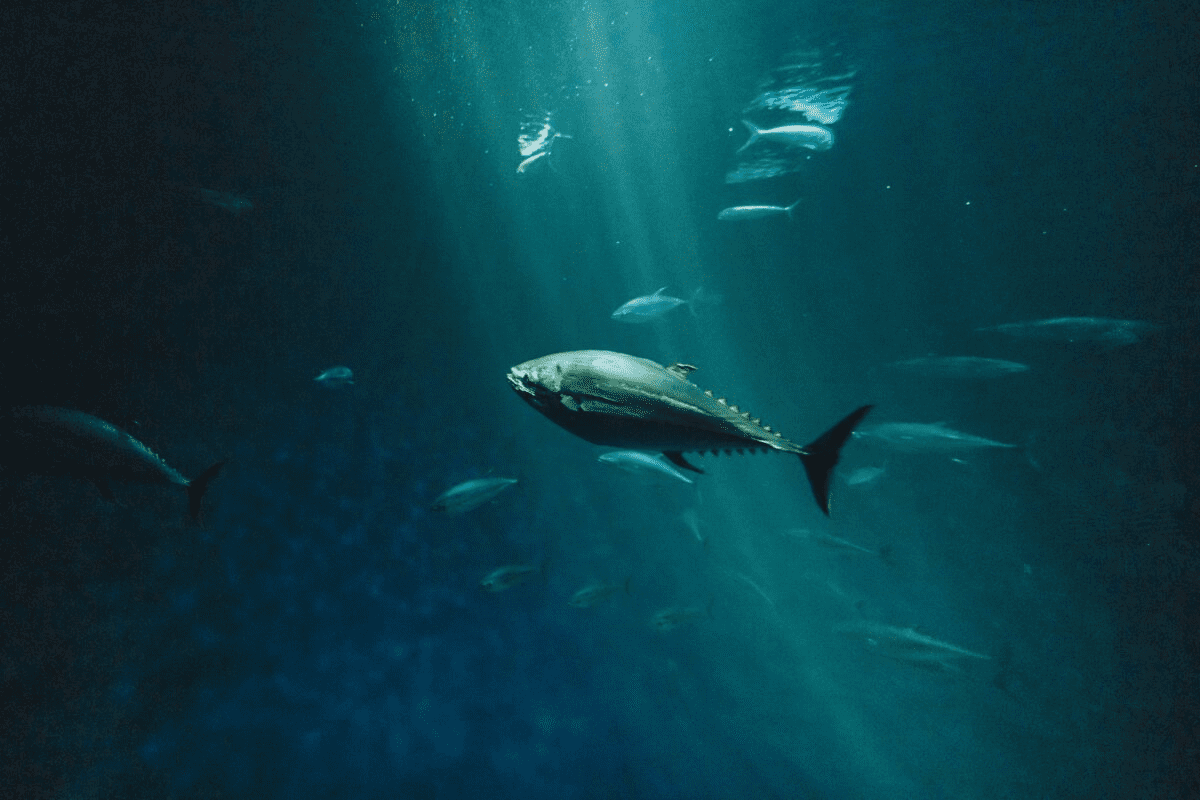
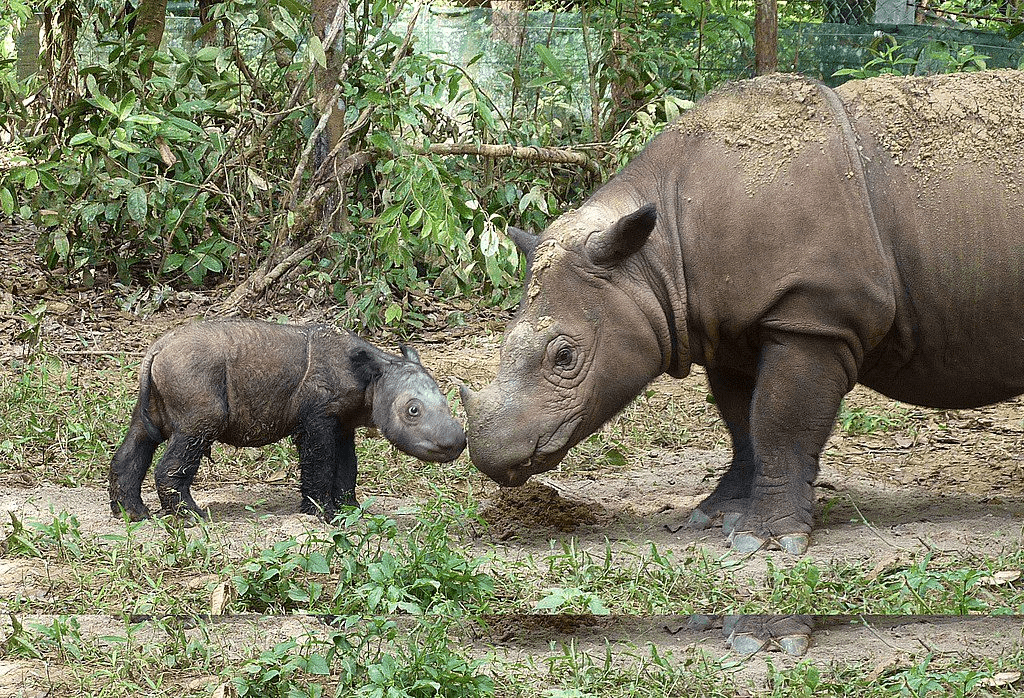

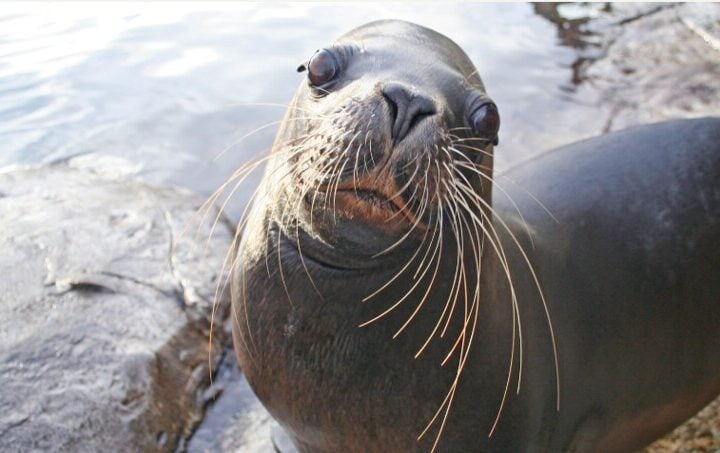
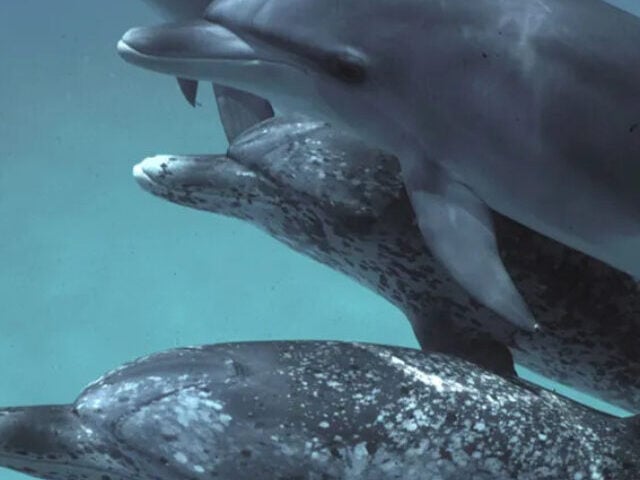
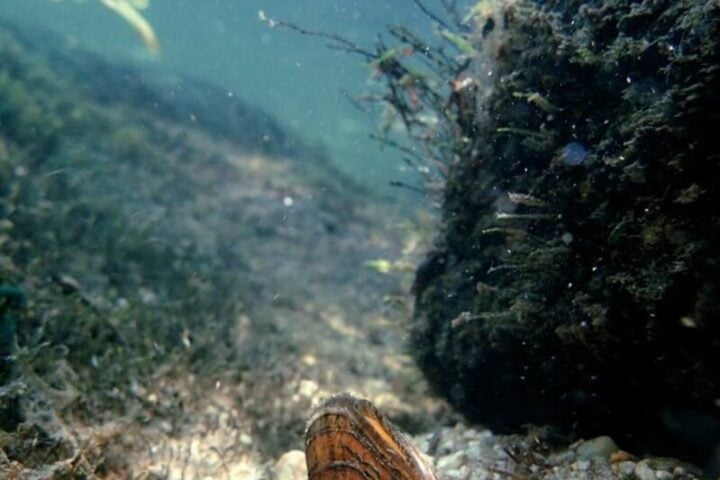

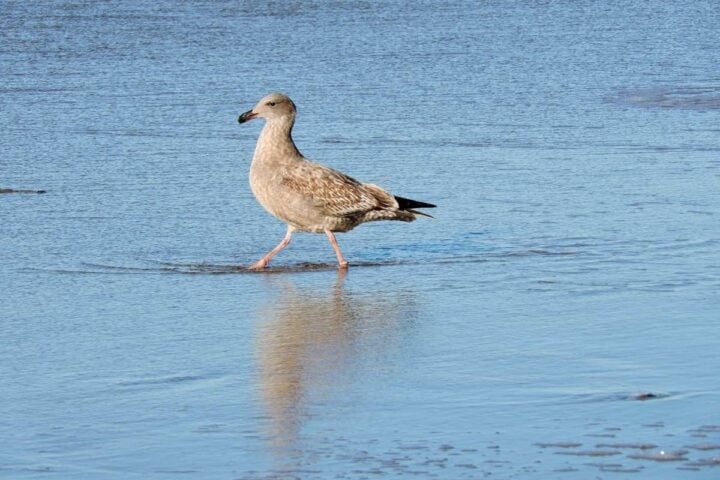
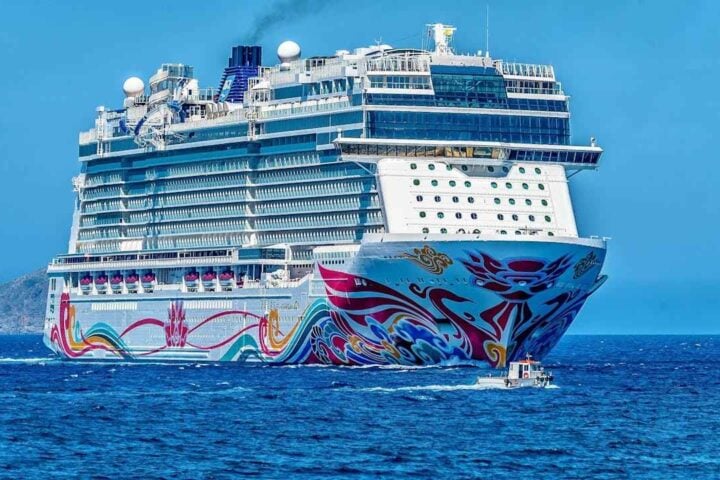



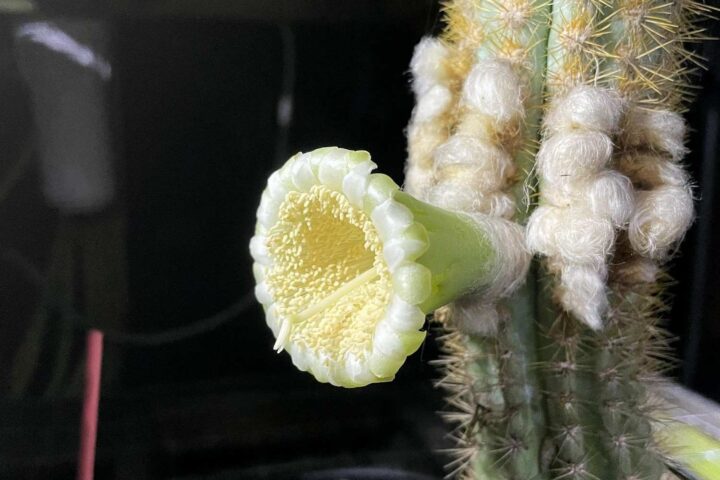
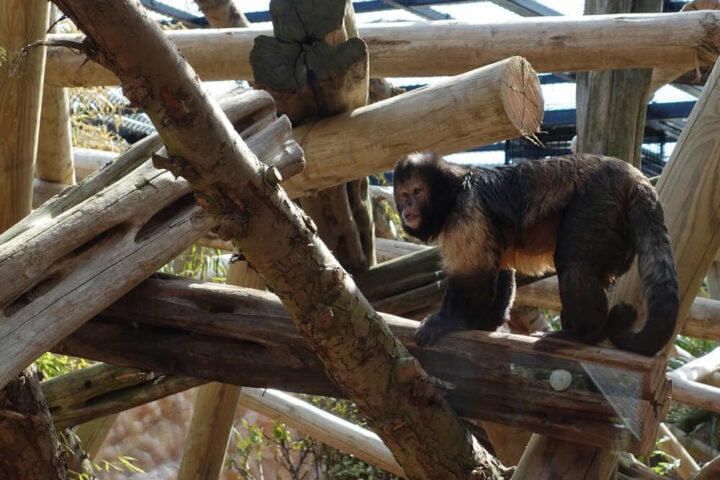

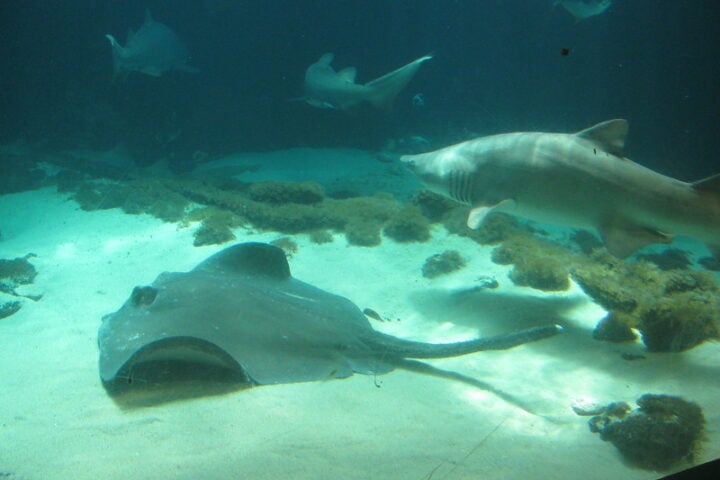

![Representative Image: European Starling [49/366]. Photo Source: Tim Sackton (CC BY-SA 2.0)](https://www.karmactive.com/wp-content/uploads/2025/04/Starlings-Drop-82-in-UK-Gardens-as-Birdwatch-2025-Reveals-Record-Low-Count-Since-1979-720x480.jpg)
